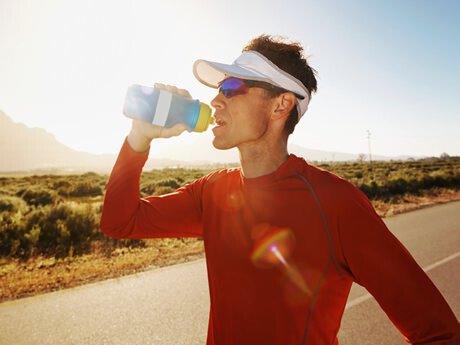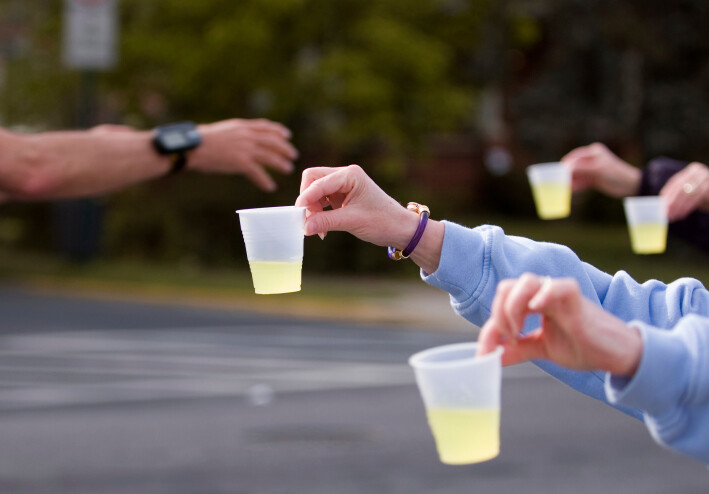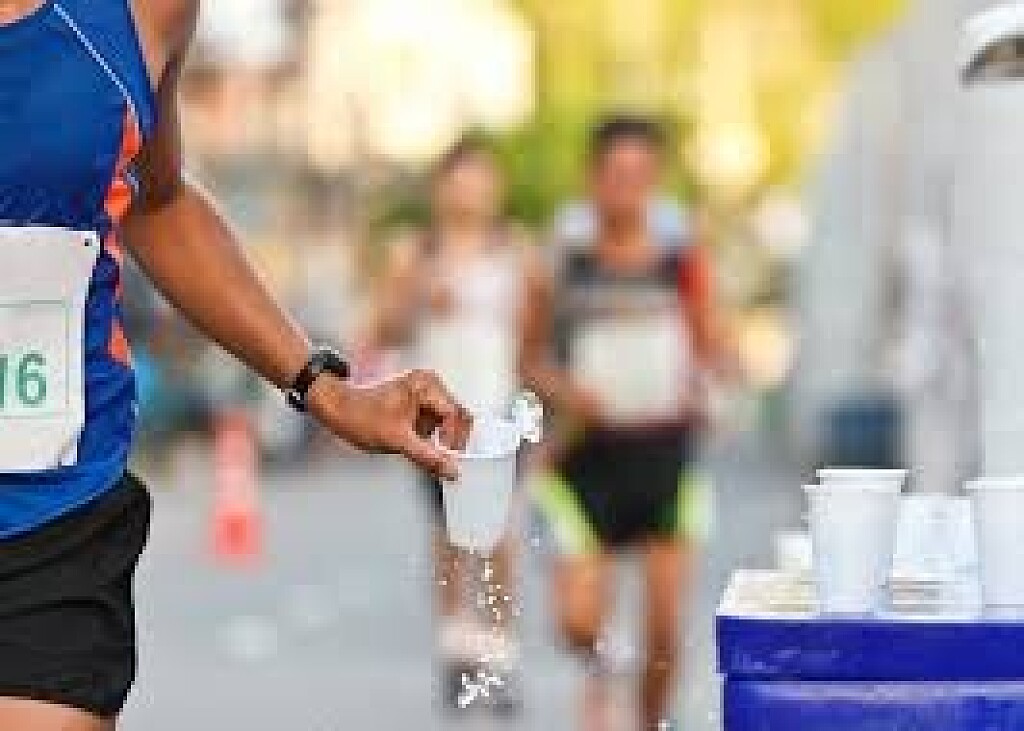Running News Daily
Running News Daily is edited by Bob Anderson. Send your news items to bob@mybestruns.com Advertising opportunities available. Train the Kenyan Way at KATA Kenya and Portugal owned and operated by Bob Anderson. Be sure to catch our movie A Long Run the movie KATA Running Camps and KATA Potato Farms - 31 now open in Kenya! https://kata.ke/
Index to Daily Posts · Sign Up For Updates · Run The World Feed
Race day hydration:No matter what the weather does, here's how to hydrate properly during your race
Experts have not always agreed on guidelines for fluid intake during runs and races. Some say you should make a hydration plan to avoid dehydration, others say you should simply listen to your body’s thirst cues to know when to drink and others argue you shouldn’t drink to satisfy your thirst to prevent drinking too much. Thankfully, sports nutrition researcher Louise Burke recently cleared the air a bit for us.
Dehydration, overhydration and performance
Studies have shown that dehydration negatively affects performance. This has prompted sports scientists and nutritionists to encourage runners to drink a mixture of water and electrolyte beverages during long runs and races to try to keep up with the fluid they’re losing through sweat.

Others, however, have refuted that strategy, arguing that it encourages runners to drink too much and puts them at risk for hyponatremia, which occurs when the sodium levels in your blood are too low as a result of drinking too much water. Instead, they suggest intentionally drinking slightly less than you would otherwise.
Then there are those who argue runners should do away with hydration plans, and simply listen to their thirst cues to direct them to drink. So what’s the right answer?

Hydrate for the weather
For example, if you’re racing in the heat and you tend to be a reluctant drinker, you should come up with a hydration plan pre-race and figure out a way to remind yourself to drink throughout the competition. On a more temperate day, by contrast, you may be able to use your natural thirst cues as a more reliable source of when to drink.
In contrast, if it’s a cool day and you’re running a race with a lot of aid stations, you may actually need to come up with a plan to avoid drinking to thirst. This is especially true for beginner runners, who are more likely to be “eager drinkers” during a run or race.
The bottom line
There are a lot of factors that influence how much you should drink during a run or race, and which strategy you should use. The best thing runners can do is understand themselves and their drinking tendancies to figure out which strategy will work better for them in different conditions.
by Brittany Hambleton
Login to leave a comment




